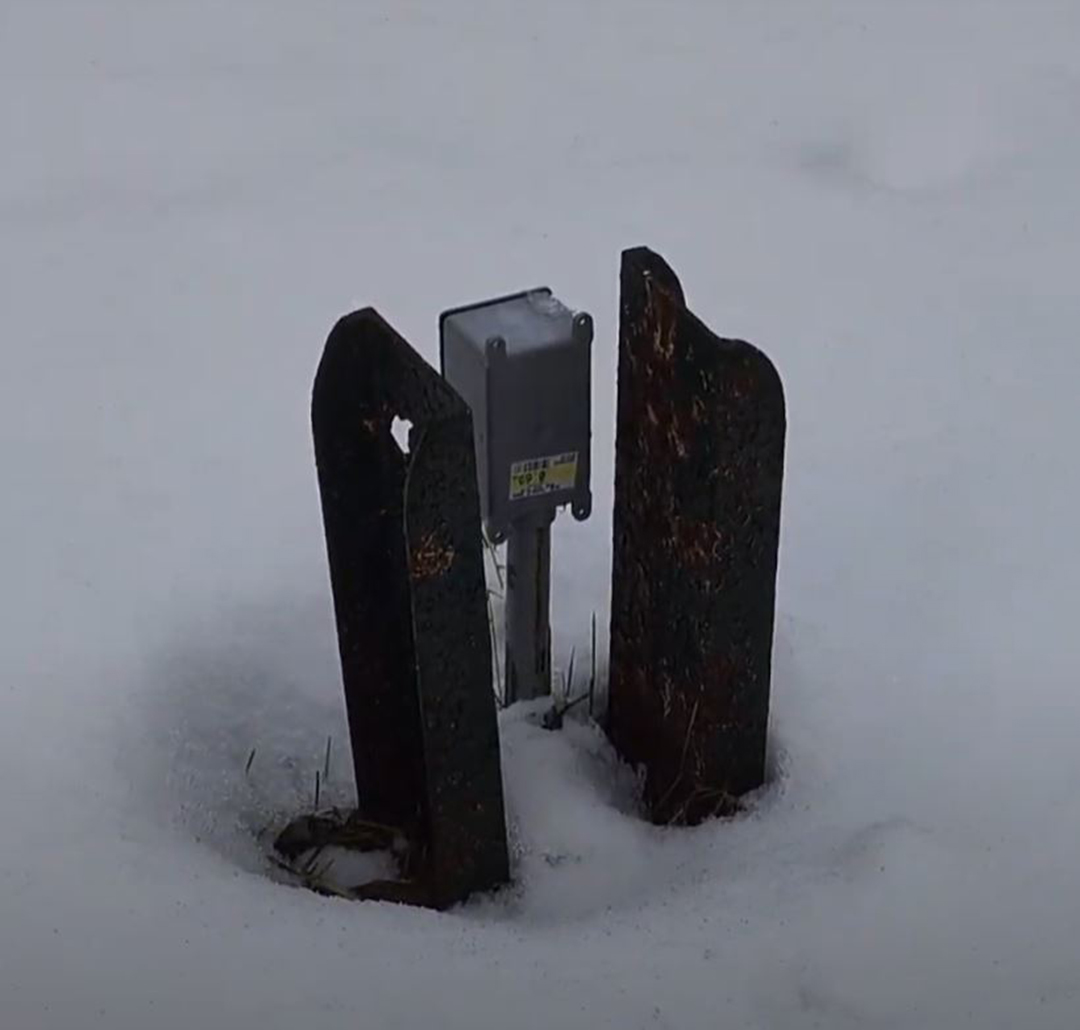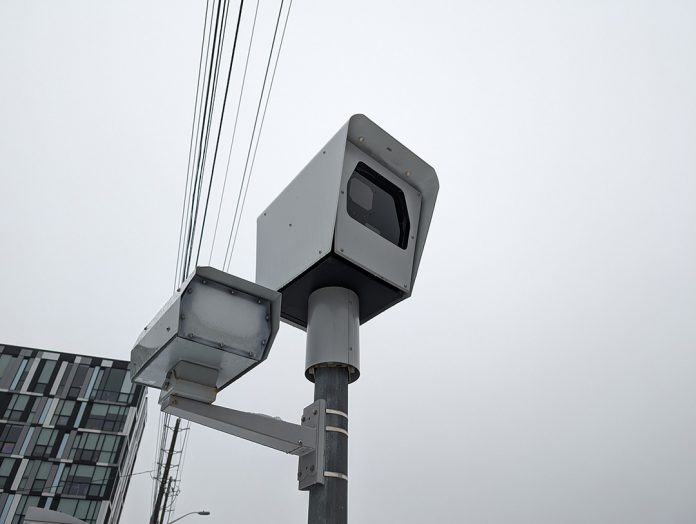Speed cameras are doing their job, according to the Region of Durham.
It’s most recent report shows speeds have gone down in community safety zones where there are so-called automated speed enforcements (ASEs). They have recorded an 8 km/h reduction in average operating speeds.
Frank Feng, project manager for automated speed enforcement in Durham Region, says at all sites drivers slow down when speed cameras are on.
“We’ve gotten much improved speed limit compliance ratio from starting the program,” he said.
Since the program started in September 2020, the region has collected data from approximately 20 million vehicles, issuing tickets to 103,873 of them. Few of them have reoffended, according to the report.
There are eight fixed and six mobile speed cameras across the region, including the one just south of Durham College’s Oshawa campus on Simcoe Street near the Ultramar gas station by Niagara Drive.
The speed cameras were introduced in 2019 to prevent fatalities and severe collisions across the region.
However, not everyone who is caught is charged. In the second quarter of 2022, the most recent statistics available, speed cameras caught 33,453 vehicles speeding and fined about half of them, 16,624 vehicle owners.
Feng says there is a minimum threshold for issuing a ticket, but he won’t share it.
“Yes, there is one, but I cannot tell you, “he said. “ I believe there is a difference between what is safe and what isn’t. If you’re going 62 (km/h) in a 60, you’re still safe.”
The average speed camera fine is roughly $110. According to the same report, the region made about $4.83 million in 2022, up from around $3.87 million in 2021.
Feng said it’s not about the money for the region.
“We want to keep the general public safe and lower speeds in these community zones,” he said. “If it were about the money, we would put them on major arteries to try and catch as many people as possible, but we don’t.”

The cost of the ASE program increased by 43 per cent to $553,204 in 2022, up from $386,716 in 2021.
One key feature of speed cameras is that they charge the owner of the vehicle, not the driver.
Anne Marie Thomas, the Insurance Bureau of Canada’s director of consumer and industry relations, said owners should be mindful of who drives their vehicles.
“They track the plates, so it makes it difficult for insurance companies to determine who was the driver of the vehicle,” she said, “so it ultimately falls on the owner of the vehicle.”
According to the report, Durham Region does plan to introduce more speed cameras in future.




